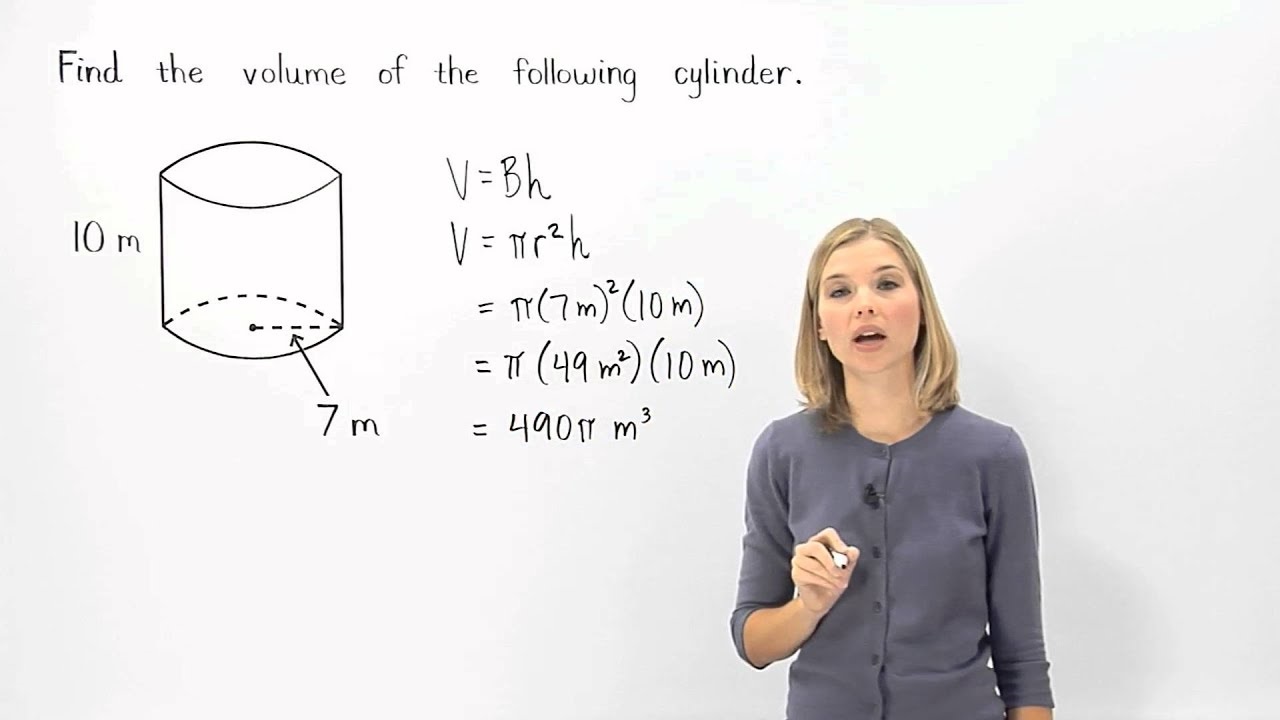
One of the most prominent problems of students during Maths exams is that they usually run out of time. Math is a chaotic and complex discipline. Some questions are regular and straightforward, and some problems require twisted and lengthy descriptions to find a solution. In schools, teachers give lots of guidance to their students to solve the problems in a faster way. But students do not have the chance to do so. To overcome this problem,
We are providing different approaches to solve Math problems. Here are the four powerful techniques:
1. Usage of Formulas and Theorems
For any Math problem, there is a need to understand the question exactly, from start to end. Students should note down all the key terms stated in the problem. While reading the question, at least develop an ‘outline’ of the solution in your head. Recall theorems, proofs, important algebra and Geometry formulas such as surface area and volume of a cylinder, cone, cube, and cuboid, and so on, to solve the problem.
2. Different Shortcut Methods
Try different shortcut methods that help to derive the solutions quickly. Use formulas to solve the problems if required. However, there are two things we should remember while using different shortcuts. First thing you should analyze is whether the shortcut method is necessary for a problem or not. Second, use shortcut tricks only to the relevant problem because shortcut techniques are only applicable to the specific conditions.
3. Memorize Important Values for Faster Calculations
Memorization of some important values in Maths helps to complete the problem in a short duration. The value such as the value of pi, values of square roots from the square root table, multiplication and division rules, log values deserves memorization.
4. Simplify the Problem as much as Possible
Simplify the complex arithmetic expressions into simpler terms. Simplification of problems helps to handle the arithmetic problems more conveniently. It helps to avoid mistakes. Factoring the complex expressions reveals some essential properties that are not applicable in its original form. Always, set up the easily solvable equations to avoid confusion, and to proceed more quickly.









